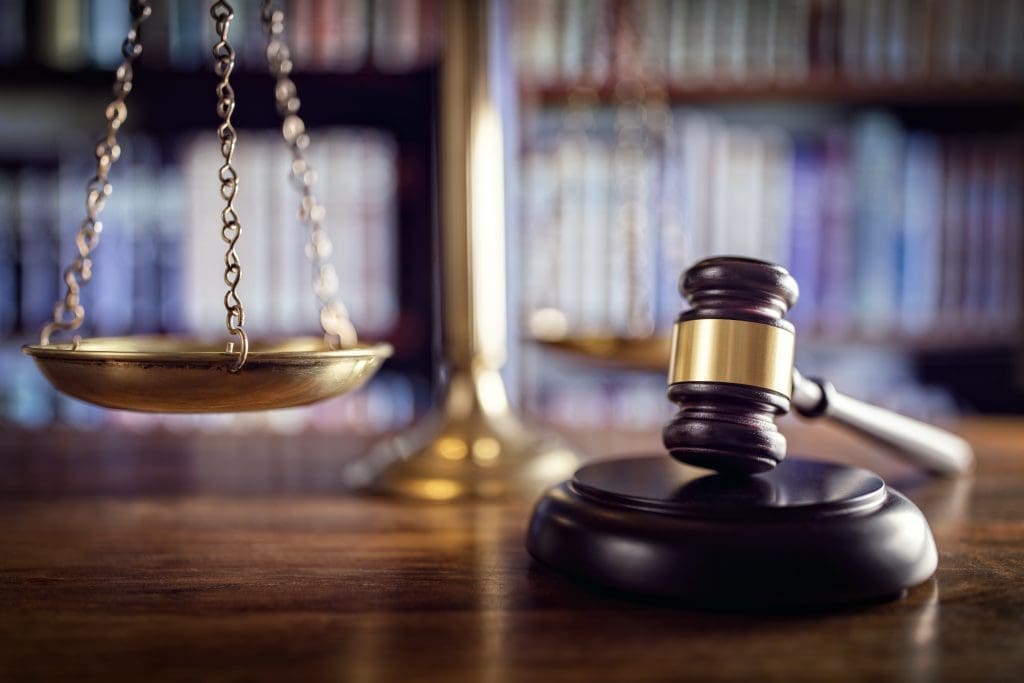Reckless and Dangerous Driving | Penalties and Legal Action
If you are caught driving a motor vehicle on any length of road in Western Australia above the speed limit designated for that section of road, then you will receive a penalty. The penalty changes and gets higher (usually in terms of a fine and/or license disqualification received) depending on how far over the speed limit you are travelling at the time.
If the police consider your driving to be inherently dangerous, or in the circumstances a danger to the public or any person, then you can be charged with Driving in a Reckless Manner. One of the factors that automatically makes a person’s manner of driving Reckless is if they are travelling over 155km/h or 45km/h over the speed limit on any stretch road.
Penalties for Driving at Reckless Speed
The penalties for driving in a Reckless Manner or at Reckless Speed are contained in the Road Traffic Act 1974 (WA) and vary depending on the situation. In all circumstances however, an offender charged under these sections of the Road Traffic Act is liable to serve a potential term of imprisonment and will lose their license for at least 6 months.
If prison is avoided (which it can be in most situations) then offenders still face some pretty big fines, to go along with the loss of license. These include:
- A fine of up to $6,000 for a first offence
- A fine of up to $9,000 for a second offence
- A fine of up to $12,000 for any subsequent offence
The penalties involved in any particular case vary and take into account many different factors, however, in most cases they are not fixed and can be kept to a minimum with good legal representation.
What to do if you are charged with Driving at Reckless Speed
If you are caught driving at a speed that is considered reckless according to either of the 2 above criteria from the Road Traffic Act, then you will be given a summons to appear at court and should seek legal representation as soon as possible.
Tang Law’s team of lawyers can help to minimize the effect of the charge and get you the lowest penalty possible; keeping the license disqualification period to a minimum, making sure the fine is well below the maximum and keeping you out of jail!
What can you expect from an experienced traffic lawyer?
An effective and experience traffic lawyer will:
- Always, fully examine your situation (including all material facts giving rise to and circumstances surrounding the charge;
- Determine the likely and realistic consequences the charge will have on you;
- Understand your personal circumstance and provide you with effective options on defending you or mitigating your situation;
- Undertake effective communication and negotiation with Police Prosecution;
- Obtain useful character references; and
- All importantly, professional and effective representation in court to defend you and present your best possible case
For more information, please contact the writer, Mr Adam Ward, Associate Lawyer, at TANG LAW at 9328 7525 or [email protected].
#Traffic Offences for Driving Without a License #Criminal Law
About Writer
Adam Ward was admitted into the legal profession in the Supreme Court of Western Australia in 2015 and joined Tang Law in May 2019. Mr Ward is an experience Criminal and Traffic Lawyer with extensive experience in representing clients in Courts on all issues relating to Traffic Law, Criminal Law, and Criminal Injury Compensation.





